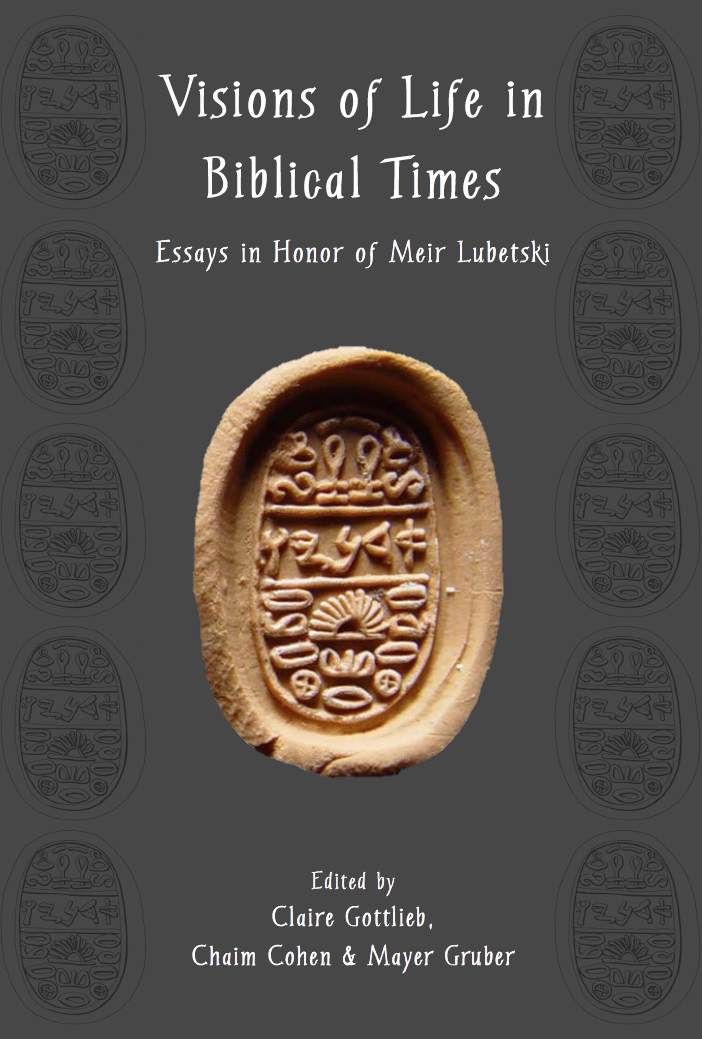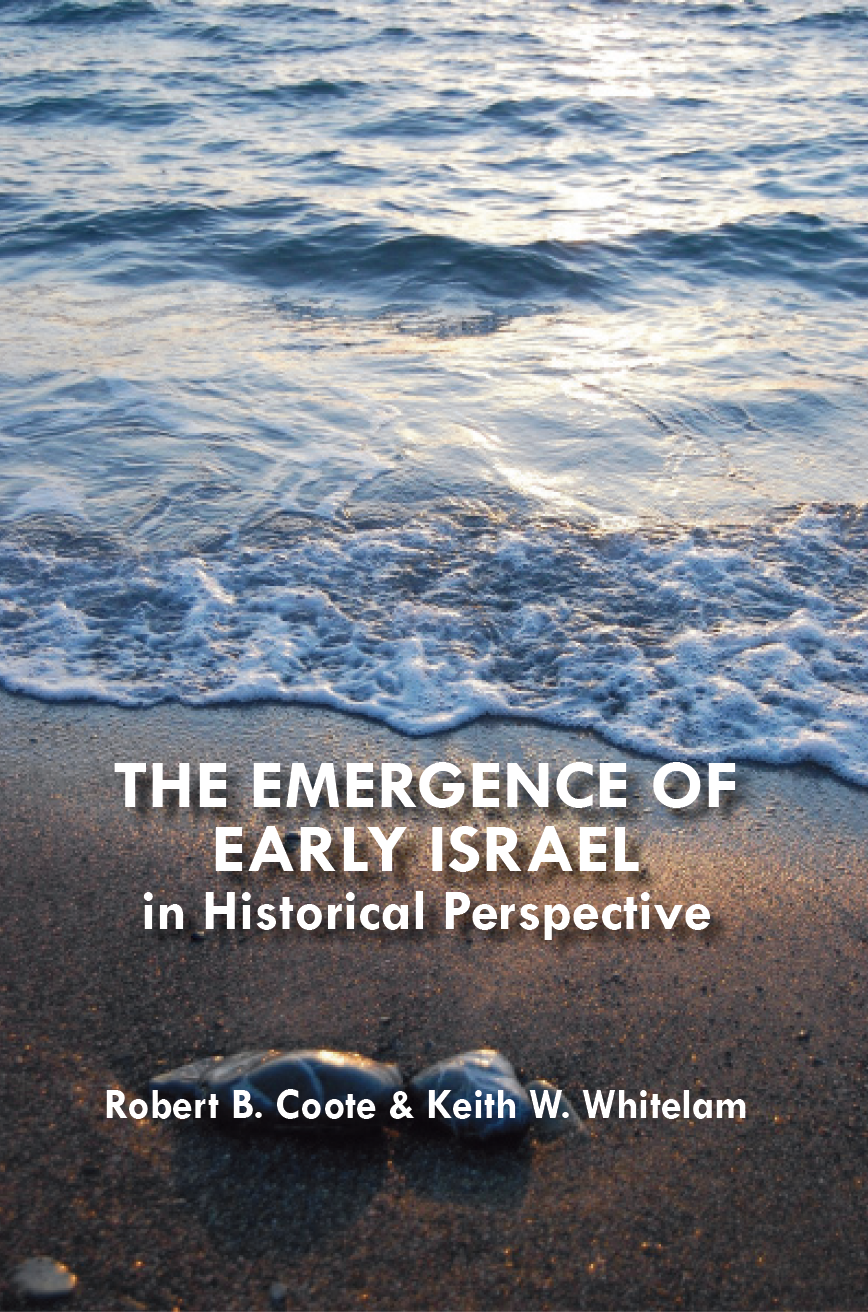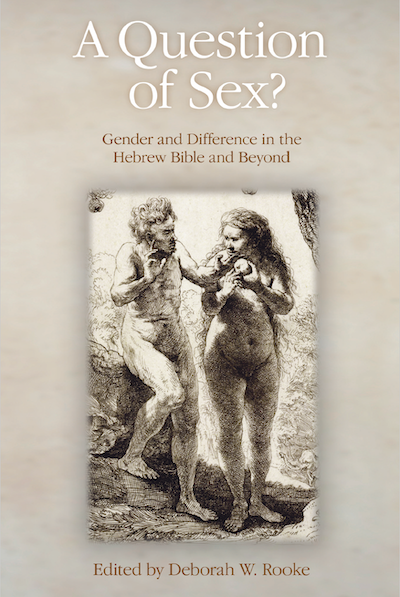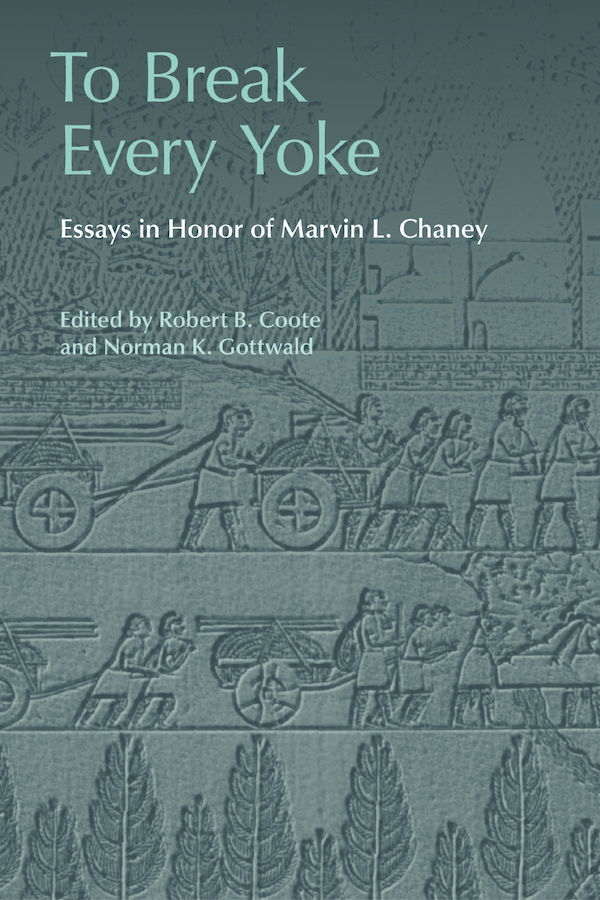Sale
Visions of Life in Biblical Times: Essays in Honor of Meir Lubetski
Published: Oct 2015
Original price was: £60.00.£22.50Current price is: £22.50.
This important volume is in honour of the distinguished Semitist and epigrapher Meir Lubetski, of Baruch College, City University of New York. Lubetski has made the chief focus of his research the contribution of the East Mediterranean legacy —languages, literature and archaeological artifacts —to our understanding of the biblical world.
The wide-ranging collection of essays gathered here include, after a personal appreciation of the honoree by his children, papers by Paula Berggren on Shakespeare's Cains, Chaim Cohen on the 'third-man' charioteers, John Day on Noah's ark as made of reeds, Robert Deutsch on six new Hebrew seals, Joseph Fleishman on the law of the defamer (Deut. 22), Moshe Garsiel on the rivalry between Adonijah and Solomon, Claire Gottlieb on Genesis 1 in the twenty-first century, Martin Heide on a new ostracon, Richard Hess on the strange absence of Egyptian names from the book of Joshua, Regine Hunziker-Rodewald on a new Ammonite seal, Isaac Kalimi on the key methods of Targum Chronicles, André Lemaire on the place of Qumran in Jewish history, David Marcus on the Aramaic versions of the burning bush narrative, Robert Stieglitz on divine kingship at Ugarit, Peter van der Veen on a two-headed bronze bull figurine, and Ada Yardeni on legal texts from various locations in the Judean desert.
Sale
Visions of Life in Biblical Times: Essays in Honor of Meir Lubetski
Original price was: £60.00.£22.50Current price is: £22.50.
This important volume is in honour of the distinguished Semitist and epigrapher Meir Lubetski, of Baruch College, City University of New York. Lubetski has made the chief focus of his research the contribution of the East Mediterranean legacy —languages, literature and archaeological artifacts —to our understanding of the biblical world.
The wide-ranging collection of essays gathered here include, after a personal appreciation of the honoree by his children, papers by Paula Berggren on Shakespeare's Cains, Chaim Cohen on the 'third-man' charioteers, John Day on Noah's ark as made of reeds, Robert Deutsch on six new Hebrew seals, Joseph Fleishman on the law of the defamer (Deut. 22), Moshe Garsiel on the rivalry between Adonijah and Solomon, Claire Gottlieb on Genesis 1 in the twenty-first century, Martin Heide on a new ostracon, Richard Hess on the strange absence of Egyptian names from the book of Joshua, Regine Hunziker-Rodewald on a new Ammonite seal, Isaac Kalimi on the key methods of Targum Chronicles, André Lemaire on the place of Qumran in Jewish history, David Marcus on the Aramaic versions of the burning bush narrative, Robert Stieglitz on divine kingship at Ugarit, Peter van der Veen on a two-headed bronze bull figurine, and Ada Yardeni on legal texts from various locations in the Judean desert.
Sale
From Judah to Judaea: Socio-Economic Structures and Processes in the Persian Period
Published: May 2013
£16.50 – £22.00
It has long been recognized that the Persian period is crucial to the history of the formation of the biblical corpora. The essays presented in this volume explore this critically important era, reconstructing the socio-economic shifts that took place as well as the religio-theological environment of the Judean community and its neighbours. The topics of this volume, sociological, archaeological and theological, include: ethnicities and administration in Persian-era Palestine (Yigal); the historical origin of the concept of the piety of the poor at Qumran (Ro); the development of the theological concept of Yhwh's punitive justice (Ro); social, cultural and demographic transformations in Persian-period Judah (Faust); changes in Judah and its neighbouring provinces in the fourth century BCE (Fantalkin and Tal); some Greek views of the Persian empire (Sano). The papers collected in this volume were presented at an international conference held at International Christian University (ICU) in Tokyo, February 17 —19, 2011, a testimony to the fruitfulness of this unusual Asian —Israeli scholarly dialogue.
Sale
From Judah to Judaea: Socio-Economic Structures and Processes in the Persian Period
£16.50 – £22.00
It has long been recognized that the Persian period is crucial to the history of the formation of the biblical corpora. The essays presented in this volume explore this critically important era, reconstructing the socio-economic shifts that took place as well as the religio-theological environment of the Judean community and its neighbours. The topics of this volume, sociological, archaeological and theological, include: ethnicities and administration in Persian-era Palestine (Yigal); the historical origin of the concept of the piety of the poor at Qumran (Ro); the development of the theological concept of Yhwh's punitive justice (Ro); social, cultural and demographic transformations in Persian-period Judah (Faust); changes in Judah and its neighbouring provinces in the fourth century BCE (Fantalkin and Tal); some Greek views of the Persian empire (Sano). The papers collected in this volume were presented at an international conference held at International Christian University (ICU) in Tokyo, February 17 —19, 2011, a testimony to the fruitfulness of this unusual Asian —Israeli scholarly dialogue.
Sale
A Question of Sex? Gender and Difference in the Hebrew Bible and Beyond
Published: Dec 2009
£16.50 – £20.00
Gender differences between men and women are not just a matter of sexual differentiation; the roles that men and women play are also socially and culturally determined, in ancient Israel and post-biblical Judaism as in every other context.
That is the theme of these ten studies. The first part of the volume examines the gender definitions and roles that can be identified in the Hebrew Bible's legal and ritual texts. The second part uses archaeological and anthropological perspectives to interrogate the biblical text and the society that formed it on issues of gender. The third part explores similar gender issues in a range of material outside the Hebrew Bible, from the Apocrypha through Josephus and Philo down to mediaeval Jewish marriage contracts (ketubbot).
Among the questions here discussed are: Why are men, but not women, required to bathe in order to achieve ritual purity after incurring certain types of defilement? What understandings of masculinity and femininity underlie the regulations about incest? Was ancient Israel simply a patriarchal society, or were there more complex dynamics of power in which women as well as men were involved? What do post-biblical re-interpretations of the female figures of Wisdom and Folly in Proverbs 1 —9 suggest about heterosexual masculinity? And what kind of rights did mediaeval Middle-Eastern Jewish women have within their marriage relationships?
This is the first volume in the sub-series King's College London Studies in the Bible and Gender. The second is Embroidered Garments: Priests and Gender in Biblical Israel (2009).
Sale
A Question of Sex? Gender and Difference in the Hebrew Bible and Beyond
£16.50 – £20.00
Gender differences between men and women are not just a matter of sexual differentiation; the roles that men and women play are also socially and culturally determined, in ancient Israel and post-biblical Judaism as in every other context.
That is the theme of these ten studies. The first part of the volume examines the gender definitions and roles that can be identified in the Hebrew Bible's legal and ritual texts. The second part uses archaeological and anthropological perspectives to interrogate the biblical text and the society that formed it on issues of gender. The third part explores similar gender issues in a range of material outside the Hebrew Bible, from the Apocrypha through Josephus and Philo down to mediaeval Jewish marriage contracts (ketubbot).
Among the questions here discussed are: Why are men, but not women, required to bathe in order to achieve ritual purity after incurring certain types of defilement? What understandings of masculinity and femininity underlie the regulations about incest? Was ancient Israel simply a patriarchal society, or were there more complex dynamics of power in which women as well as men were involved? What do post-biblical re-interpretations of the female figures of Wisdom and Folly in Proverbs 1 —9 suggest about heterosexual masculinity? And what kind of rights did mediaeval Middle-Eastern Jewish women have within their marriage relationships?
This is the first volume in the sub-series King's College London Studies in the Bible and Gender. The second is Embroidered Garments: Priests and Gender in Biblical Israel (2009).








